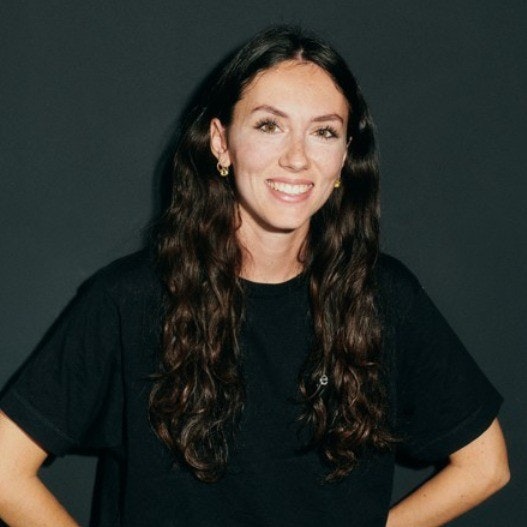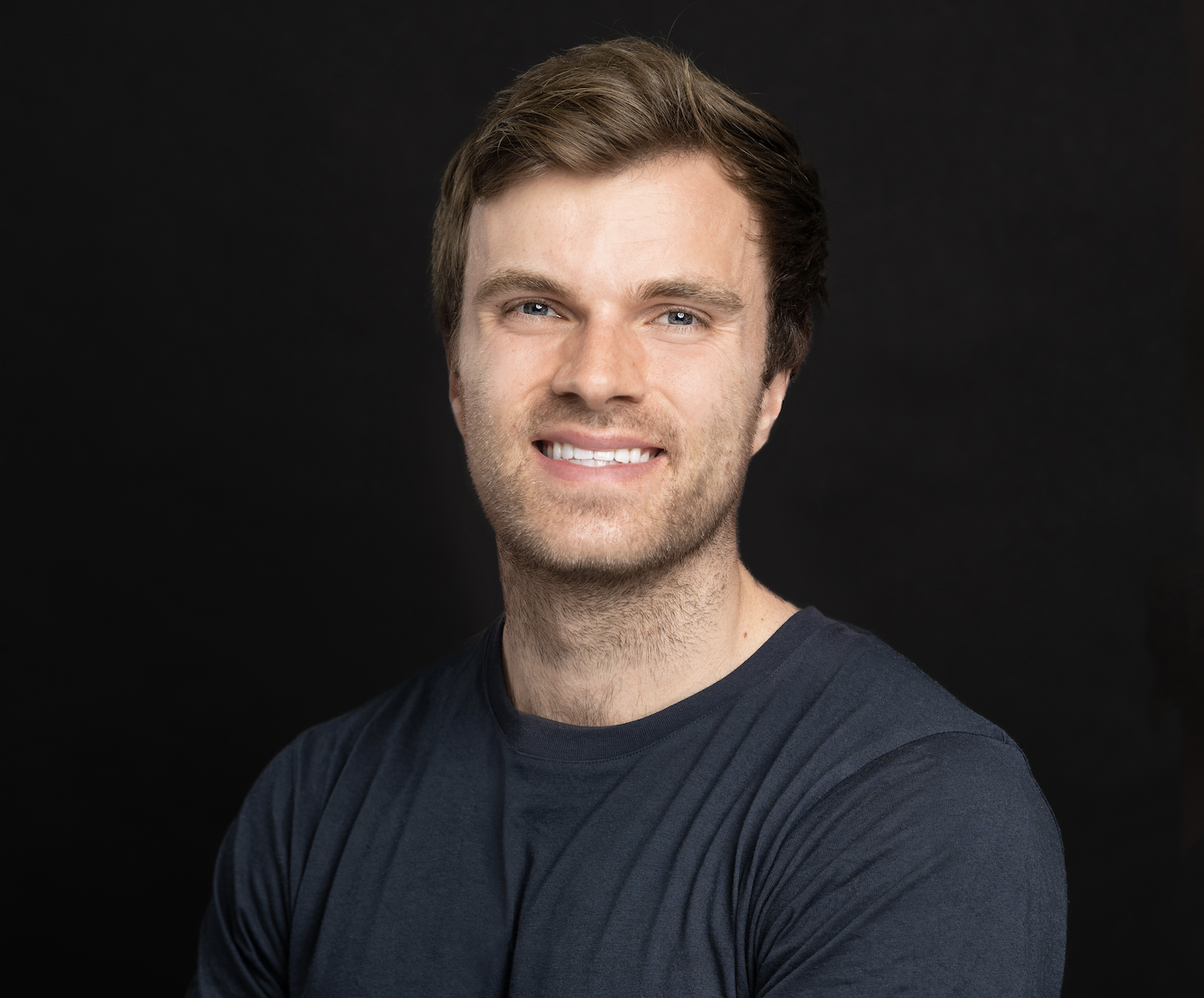In the world of venture capital, who you are is who you (typically) invest in.
A wealth of research shows that VCs are more likely to select startups with founding teams they have a shared social identity with, such as ethnicity, gender or education background.
One example: in 2014, a study from Harvard found that 70% of VC investors prefer pitches made by men, even when those pitches are identical. This number roughly tallies with the number of VCs that are men — in the UK, for example, 78% of senior VC roles are held by men.
The consequence is homogenous portfolios, with significant chunks of the world’s population finding themselves underrepresented. In 2023, startups with all-women founding teams raised 3% of European investment dollars.
It’s hard to quantify the magnitude of the opportunities missed, although one recent study found that the majority — 70% — of unicorn companies in the UK and US have an “underdog” founder. This suggests that diverse teams skyrocket once they have the right backing.
“People from underrepresented communities are sometimes even better founders, because they are used to the challenges and are more resilient,” says Allie Bangura, the managing director of Adan Impact, a company that works with organisations to increase diversity.
So what can VCs do?
Diverse teams = diverse investments
Step one is to have more diverse decision makers in VC firms. Not only will this encourage more diverse investments, but diverse teams also tend to outperform. One study found that gender and ethnically diverse teams generate 30% higher multiples on invested capital compared to homogenous teams.
The VC world is about deciding who to bet on, so it’s important to be aware of these unconscious biases.
Berlin-based Best Nights VC has a two-thirds female team, and its investment thesis naturally lends itself to backing diverse teams — it is focused on the future of nightlife, which includes supporting inclusive spaces that people of all backgrounds can enjoy. The firm says 30% of startup founders in its portfolio are female.
“The diversity in our team impacts the founders we attract,” says Bianca Ambrosini, an investment associate at Best Nights VC. “The effect is two-fold - when we make decisions we have different points of view and backgrounds, but we also signal that to founders who want to approach us [that they can] trust us.”

Best Nights VC was founded by Lorrain de Silva who used the challenges of being who he is in Germany as motivation to do things differently. This is reflected in the fund’s gender and culturally diverse setup where the majority of employees are women and people with atypical CVs.
Best Nights VC also continuously monitors how it is performing on diversity, with the team meeting quarterly to review how its processes — which includes a dealflow grading system that ranks founders on metrics including diversity — can be improved.
The goal is to ensure opportunities aren’t missed due to bias.
“The VC world is about deciding who to bet on, so it’s important to be aware of these unconscious biases,” says Ambrosini. “[With] early-stage startups, you mainly invest in people rather than numbers. It’s natural to trust and find common ground with those who are similar to you, but this leads to huge missed opportunities and when bias is unconscious it leads to misjudgement.”
More women at the cap table
VC firms can also partner with organisations that are actively working on increasing diversity to amplify their messages and receive practical advice on how to improve their own operations.
As humans we make shortcuts and buy into [people] who come from the same background as us.
Founderland is an organisation that supports female founders of colour in Europe. In April, it announced the launch of GENDEX, a project to track diversity across the European innovation ecosystem, with a debut event held in partnership with Best Nights VC.
The idea is that GENDEX will become the equivalent of a B Corp certification, but for VC firms that are committed to — and have been vetted on — inclusion.
“We’re trying to activate players in the ecosystem who are already brought into the idea that diversity is a great investment case,” says Stephanie Von Behr, Founderland’s managing director. “As humans we make shortcuts and buy into [people] who come from the same background as us. We want to make a lot of noise about the fact there must be more women at the cap table.”
Founderland’s recommendations for VC firms include holding office hours with early-stage startups to share insights on what will make their companies investment-ready and participating in accelerators and other initiatives for underrepresented founders by leading workshops. These activities will also broaden a firm’s dealflow.
VCs need to rethink their strategy in terms of what they are missing out [on].
Making genuine efforts and setting up spaces to communicate also sends an important message to founders — VC firms can show they are taking this issue more seriously than competitors who don’t do much more than their annual LinkedIn post for International Women’s Day.
“It tells startups the fund is inclusive and isn’t just following one narrative,” says Sophie Webber, Founderland’s director of communications. “If you are investing into a diverse range of founders, that’s going to be a signal that you are not focused on one target group.”
One of the ways Best Nights achieves this is through events. Adan Impact’s Bangura has participated in the fund’s ‘RealTalk’ events which aim to open up authentic conversations about startups and VC.
“VCs need to rethink their strategy in terms of what they are missing out [on],” he says. “They are missing out on a whole market of founders who think differently, innovate differently and create game-changing goods for certain consumer groups.”
Best Nights VC is currently recruiting. For more information about the position — or the fund — click here.




